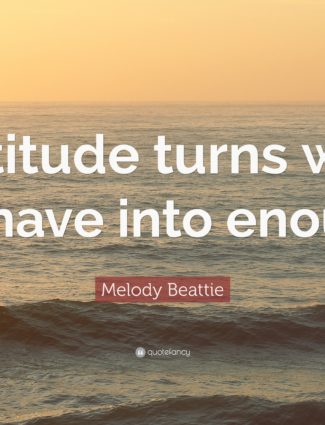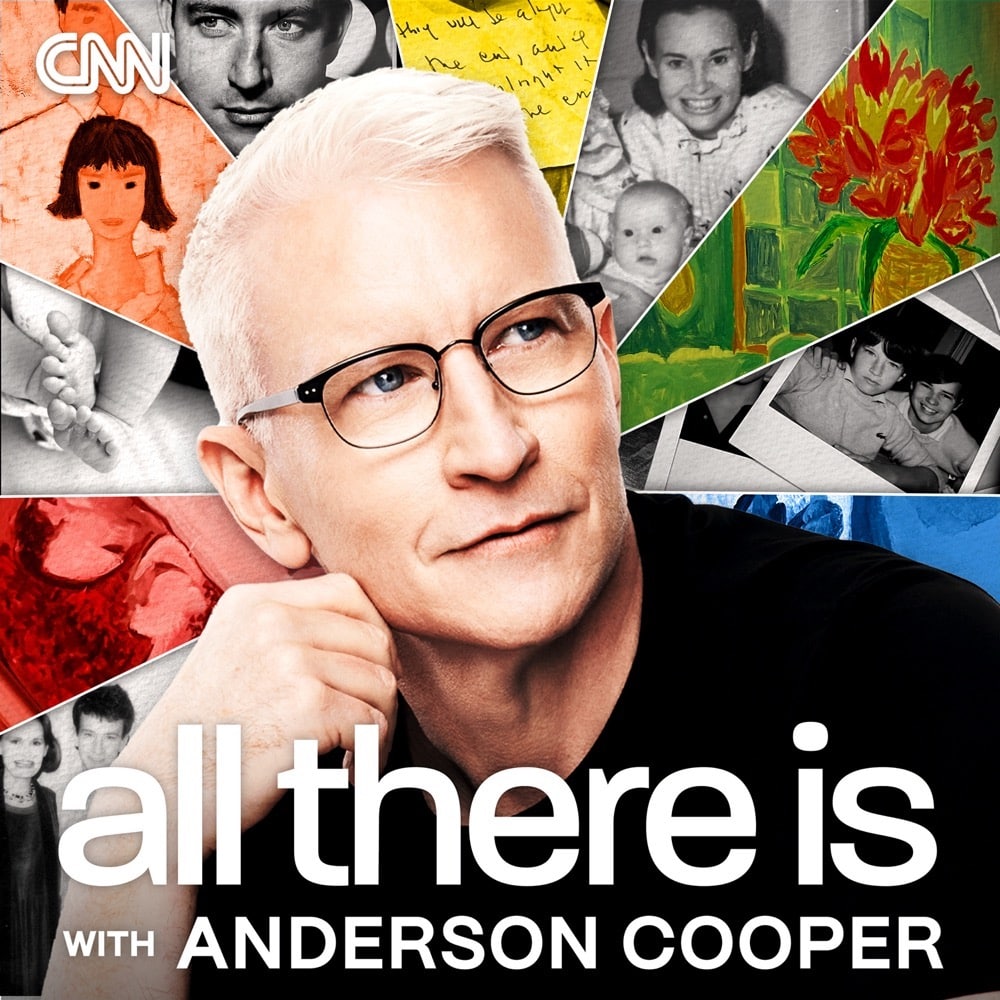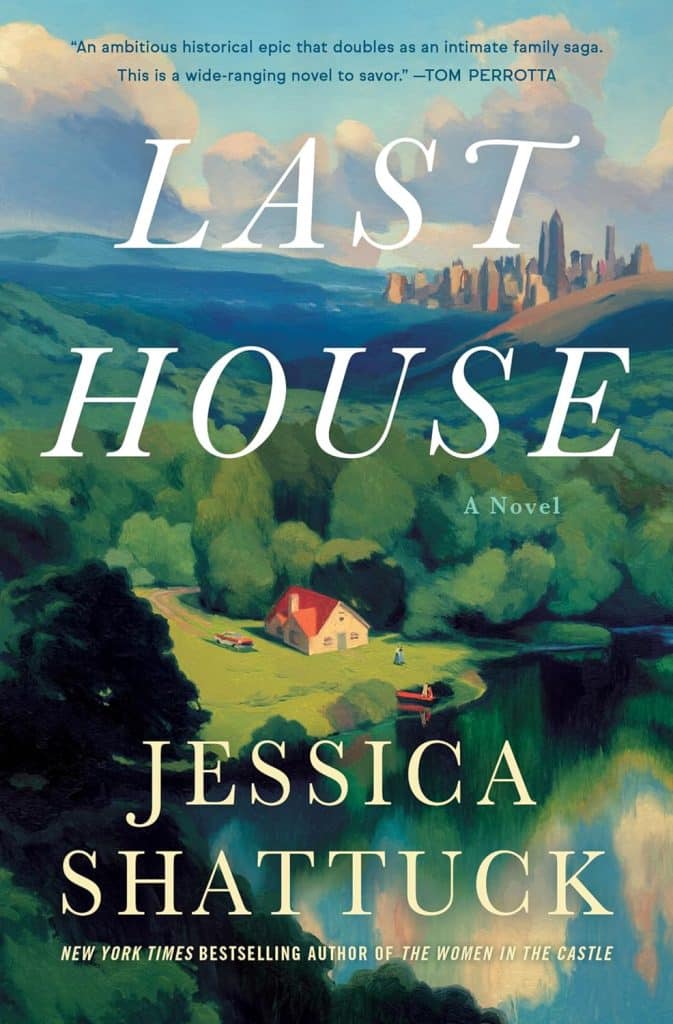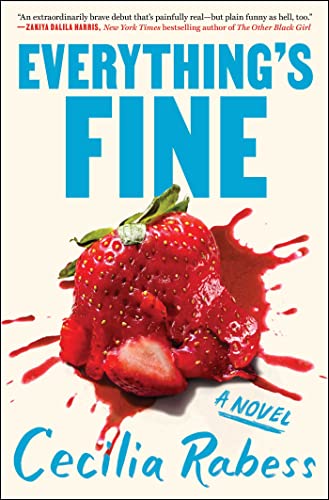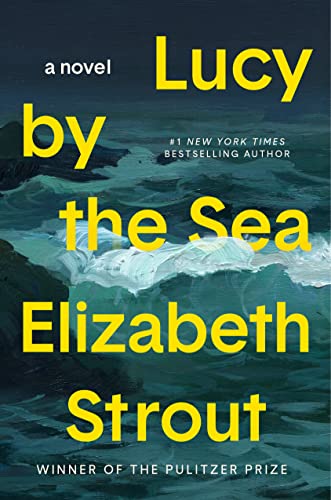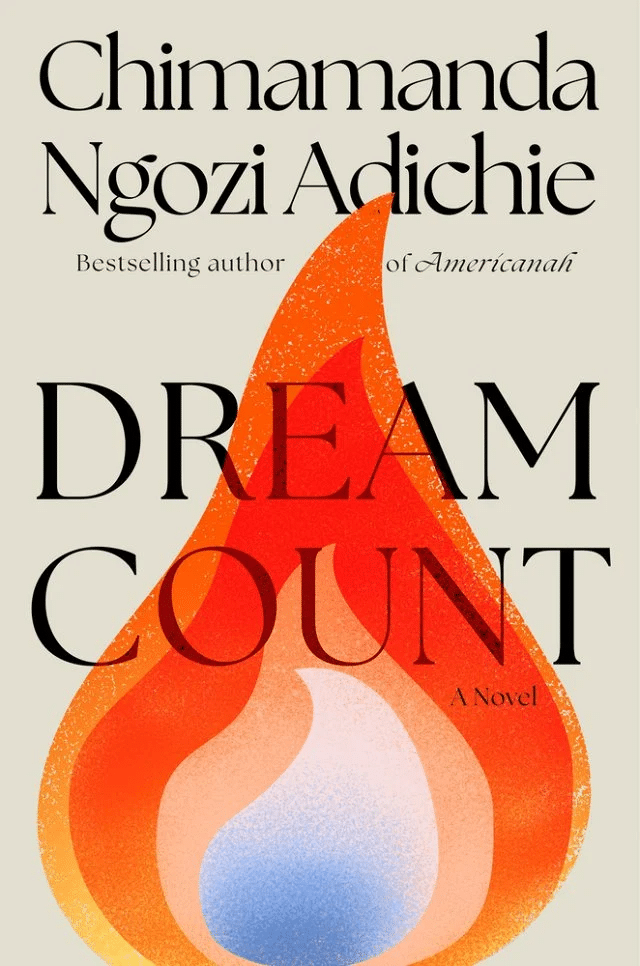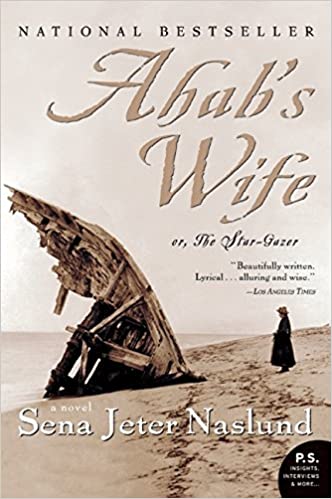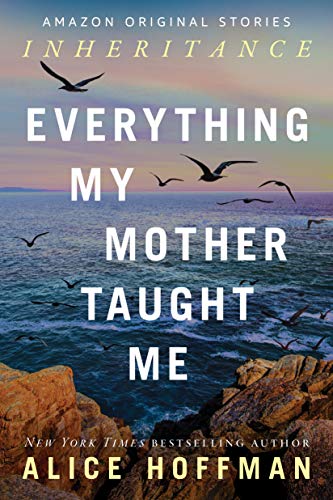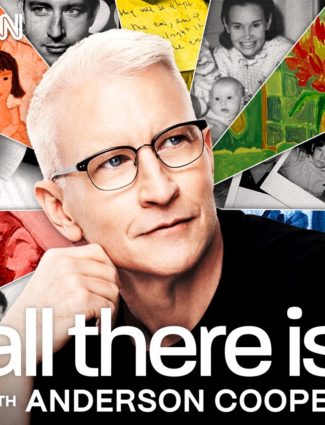
Gratitude for Grief
Estimated reading time: 1 minute, 46 seconds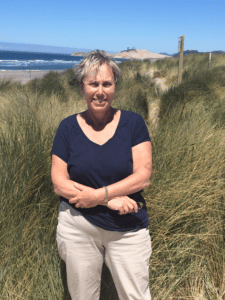 When I mention that I am grateful for experiencing grief, the response is, how can you be thankful for losing the love of your life?
When I mention that I am grateful for experiencing grief, the response is, how can you be thankful for losing the love of your life?
My response is that Jan was the love of my life, and I wish she were still alive, but grief is a part of my life that I must experience.
If I had loved Jan less, I would grieve less.
That I can grieve so deeply is a testament to how much Jan and I loved each other.
A fellow widow recently shared the podcast All There Is with Anderson Cooper, a deeply “personal exploration of loss and grief.”
The specific episode was an interview with Stephen Colbert.
As Colbert says,
It’s a gift to exist. And with existence comes suffering. There’s no escaping that. But if you are grateful for your life. Then you have to be grateful for all of it.
I am and always will be suffering over the loss of the love of my life, but I remain grateful for the beautiful life that Jan and I shared.
Colbert comprehends what grief is,
We don’t want bad things to happen, whereas grief is not a bad thing. Grief is a reaction to a bad thing. Grief itself is a natural process that has to be experienced. I haven’t used the word endured because endured sounds like resistance. And you can’t win against grief because you’re the one doing it to you. You can’t beat yourself. You know all of your buttons, you know all of your secrets, and you’ll never get around this grief.
Every day I experience grief. But I am grateful for having been loved by Jan, and I know our love will never die!
The Jan Lilien Education Fund sponsors ongoing sustainability and environmental awareness programs. Gifts made this month; I will match dollar-for-dollar. All donations are tax-deductible.
I receive a commission when you buy a book or product using a link on this page. Thank you for supporting Sharing Jan’s Love blog.


